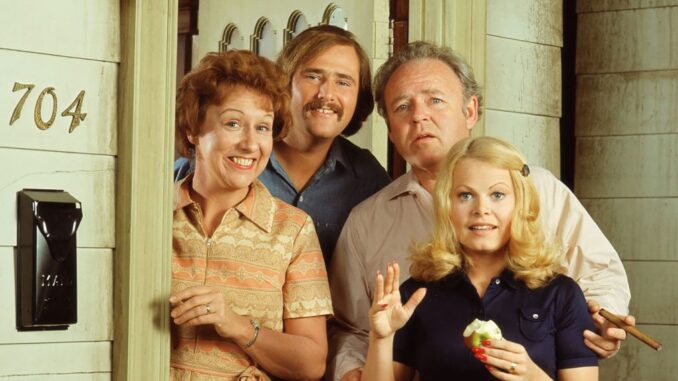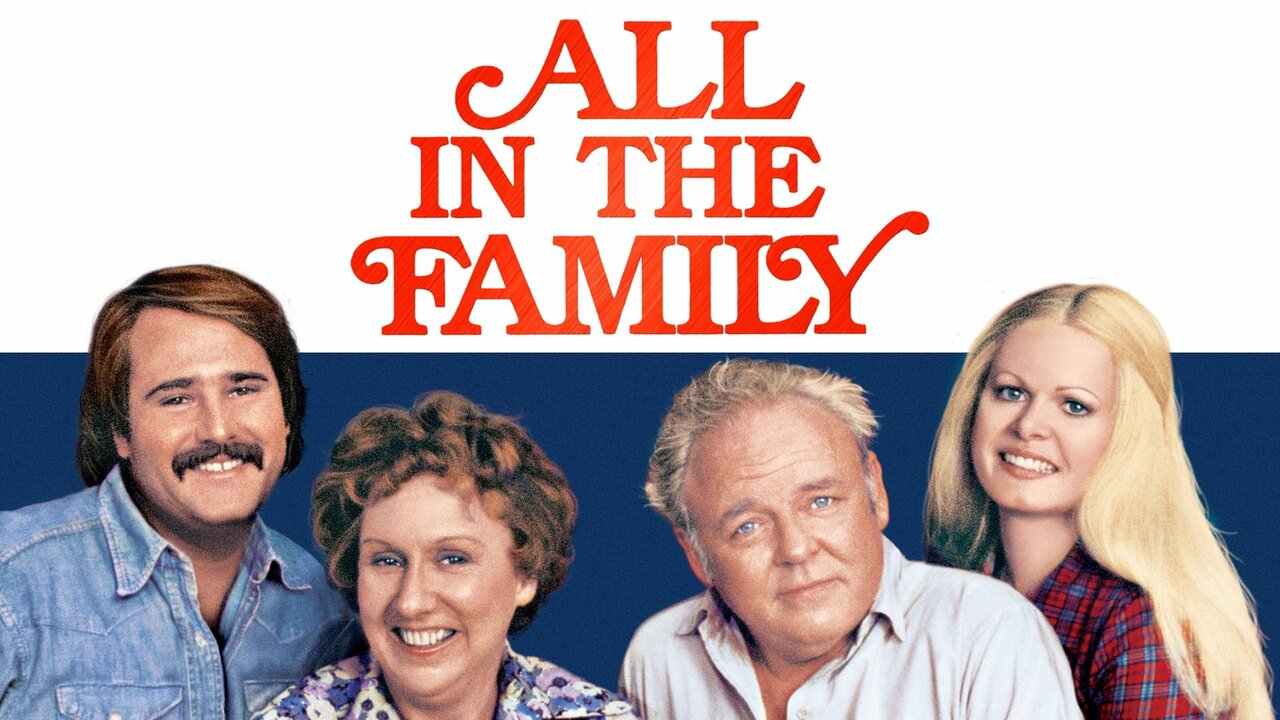
Norman Lear, who passed away at 101, changed the landscape of sitcoms forever, paving the way for more mature and relevant storytelling in television. With groundbreaking shows like All in the Family, Maude, Good Times, and The Jeffersons, Lear challenged the status quo of 1970s comedy, replacing the light, often mindless fare of the past with narratives that tackled pressing social issues.
At the height of his success in 1975, Lear had five shows in the Top 10, a feat that remains unmatched. He continued to innovate even into his 90s, producing a Netflix reboot of One Day at a Time and hosting documentary series that examined societal divisions.
The premiere of All in the Family in 1971 marked a turning point in television. The show featured Archie Bunker, portrayed by Carroll O’Connor, a bigoted blue-collar worker whose prejudices clashed with the progressive ideals of his family. While the show initially struggled in ratings, it eventually soared to the top, reflecting America’s grappling with issues like race and politics.
Lear’s impact extended beyond a single series; he created a sitcom empire that addressed real-world challenges with humor. Characters tackled difficult topics such as race relations, abortion, and poverty, often through a comedic lens that provoked thought and conversation.
Despite facing challenges in later years, Lear’s legacy endures. His willingness to confront societal norms set a precedent for modern television, influencing countless series today. Lear’s shows demonstrated that audiences craved content that not only entertained but also engaged them on deeper levels.
In a landscape filled with countless sitcoms, we owe a significant debt of gratitude to Norman Lear for proving that television can challenge prejudices and provoke thought. His work laid the groundwork for the diverse and complex storytelling that defines much of contemporary television. Thank you, Norman Lear, for reshaping the sitcom into a powerful medium for social commentary.
